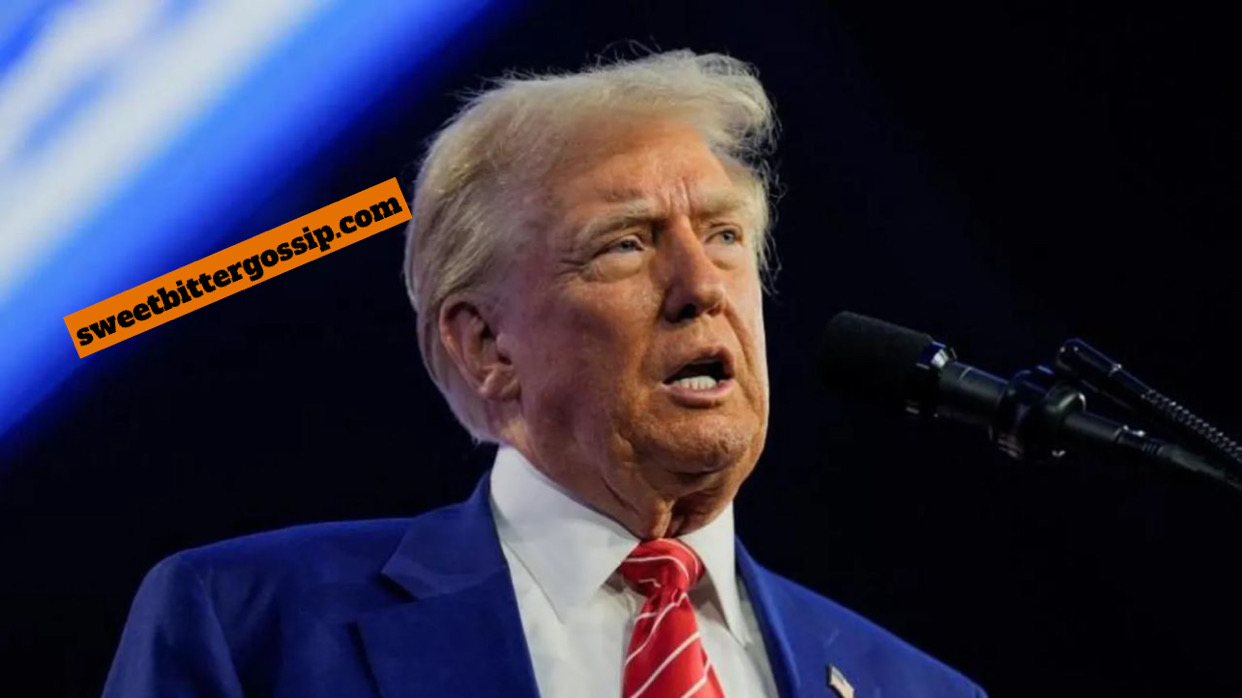Donald Trump will be sentenced on January 10 in New York for his conviction in a hush-money case, just days before he is set to take the presidential oath of office. Justice Juan Merchan has ruled out jail time, probation, or fines, opting instead for an “unconditional discharge.” Trump may attend the sentencing in person or virtually.
The case stems from Trump’s May conviction on 34 felony counts of falsifying business records. These charges are linked to a $130,000 payment made to adult-film star Stormy Daniels through his former lawyer, Michael Cohen, during the 2016 presidential campaign. The payment sought to silence Daniels about an alleged affair with Trump. Trump has denied all wrongdoing, pleaded not guilty, and repeatedly dismissed the case as a politically motivated effort to disrupt his 2024 campaign.
On his Truth Social platform, Trump condemned the sentencing order as unconstitutional and labeled the case a “rigged charade.” His spokesperson, Steven Cheung, criticized it as a “witch hunt” and argued that Trump must be free to focus on his presidential transition and duties. Cheung emphasized that Trump would continue to fight what he called baseless legal attacks.
Trump’s legal team unsuccessfully sought to dismiss the case after his election victory, claiming it would interfere with his ability to govern. Justice Merchan acknowledged the potential distractions of a criminal case during a presidency but declined to overturn the jury’s verdict. Instead, the judge proposed measures like delaying sentencing until Trump leaves office in 2029 or issuing a sentence that avoids incarceration.
Trump had previously argued the case violated a Supreme Court ruling granting presidents immunity from prosecution for official acts. However, Justice Merchan upheld the conviction last month, ruling that it fell outside the scope of presidential immunity.
Although falsifying business records can carry a sentence of up to four years in prison, there is no minimum sentence required. Legal experts have long anticipated Trump would avoid jail due to his age, 78, and his lack of prior convictions.
If the sentence holds, Trump will make history as the first convicted felon to serve as president. He is expected to appeal the conviction after sentencing. Meanwhile, he faces three other criminal cases, including charges involving classified documents and his alleged attempts to overturn the 2020 election results.
Initially, Trump’s sentencing was scheduled for November 26. However, Justice Merchan postponed the date after Trump’s presidential election win.

